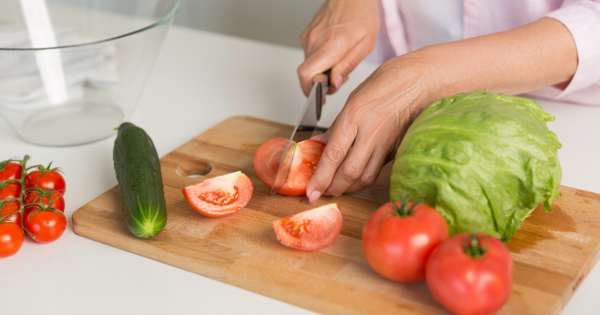
Over 50% of future home buyers report they’re willing to pay more for a home with hardwood floors, but what about a smart home? The idea of the “smart,” or connected, home is taking tentative steps forward with the introduction of smartphone-enabled kitchen appliances.
The latest thing on the menu in the connected home kitchen is something called “guided cooking.” Guided cooking is where a heat source and a pot, or a sensor in the pot, communicate with each other through an app that walks customers through a recipe and keeps everything at the right temperature as food is cooked.
Set for release at the “end of 2016,” the Hestan Cue from Hestan Smart Products uses an app and an induction burner that communicate with proprietary pots and pans that have built-in temperature sensors, a setup that they say gives excellent control.
Early adopters who have the stomach for a little technological and culinary uncertainty have some interesting options available to them, but the entrepreneurs attempting to develop this technology are in for a difficult marketing journey.
However, some people don’t need smart kitchen equipment to know they shouldn’t be in the kitchen.
The federal government’s new emphasis on food safety was recently revealed in two ways through litigation against a Mobile Bay seafood company.
This past Friday, just before the Fourth of July weekend, the Department of Justice filed a complaint for permanent injunction against BEK. When the U.S. District Court for the Southern District of Alabama opened on Tuesday, a federal judge signed the consent decree for permanent injunction.
The order, signed by Senior U.S. District Court Judge Callie V.S. Granade, prevents the distribution of misbranded seafood products. The order applies to BEK co-owners Billy B. Stembridge and Kyle D. Huxen, as well as their associates. The DOJ filed the court action at the request of the U.S. Food and Drug Administration.
According to the complaint, BEK Catering prepares, processes, packs, holds, and distributes ready-to-eat seafood products, namely seafood soups sold under the names Shrimp Locksley and Mama’s Gumbo. The complaint alleged that the defendants caused food to become adulterated and misbranded.
“Adulterated and misbranded seafood products can create serious health risks for consumers,” said Principal Deputy Assistant Attorney General Benjamin C. Mizer, head of the Justice Department’s Civil Division. “The Department of Justice will continue to work aggressively with the FDA to ensure a safe food supply.”
While the FDA won’t be in the kitchen with any smart appliances, they are certainly a work in progress. Manufacturers are making some wild leaps and bounds, and these products may just be out in kitchens soon.

